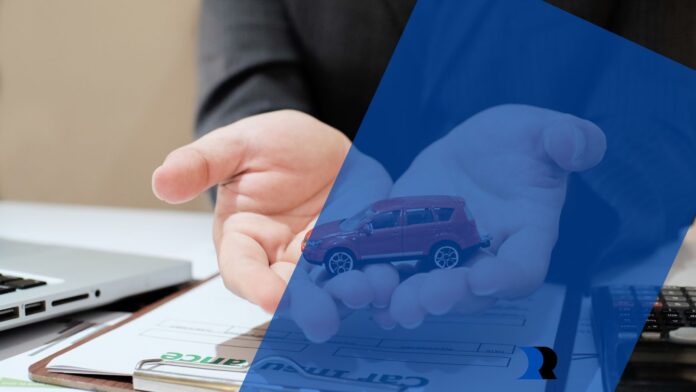You may not think there are many differences between personal car insurance and business car insurance. In a way, you would be correct. However, you need to be aware of a few differences between the two. Before we get into that, though, let’s go over one of the most important things you need to know about car insurance: the four main types you can get.
Compulsory Third Party – The lowest legal limit of insurance that you can have on a vehicle is CTP. It covers any medical and death expenses caused to third parties involved in an accident that is your fault.
Third-party Property – This second level of car insurance will cover repairs to property, including vehicle damage, to any third parties involved. It does not cover any damage to you or your property.
Third-Party Property, Fire, and Theft – This policy covers any damage you cause to the property or vehicle of any third party in an accident that is your fault. It does not cover damage to your vehicle in the accident. It does cover any damage to your car due to fire or theft.
Comprehensive – This is the best policy that you can get. It covers the cost of any damages to your vehicle and any third-party property or cars. It will also cover any damage to your vehicle due to theft, fire, natural disasters, or acts of civil discourse.

Now that you are clear on the four main types of car insurance you can get, it will be easier to decide what you want for your commercial car insurance. It is highly suggested that you go with the best that you can afford, depending upon the insurance package you decide to go with, because you are letting other people drive your vehicle.
It is so important to check out all your options on the iSelect car insurance platform.
Personal Car Insurance vs. Commercial Car Insurance
The bottom line is that if the company owns the vehicle, or vehicles in question, they are business vehicles. As such, they must have some type of commercial car insurance policy attached to them. That is the only way they will be covered in case of an accident, even if you are driving because a personal insurance policy will not cover the damages.
This is so important to understand because many business owners think that since the business is in their name that their personal policy will cover them while they are driving the company rig, but that is not the case. In fact, as far as the insurance companies are concerned, as well as everyone working in the legal industries, you are driving illegally without commercial car insurance.
Where it may get a little bit confusing for you is the distinction between the two because sometimes crossing the line can happen, and it can be OK in some instances. For example, if you let one of your employees use a company car to drive across the state for personal reasons and they get into an accident. As long as they are in the company’s employ, the accident will be covered under the insurance policy unless it is otherwise stipulated in the contract.

On the other hand, though, if you let an employee use your personal vehicle to run a business errand and they hit another driver, your private insurance will not cover it unless that driver is on your plan because it was a business errand and should have been conducted in a business vehicle.
Final Thoughts
So what it all boils down to is actually very simple if you think about it.
- Personal car insurance is for personal use, and the policy will only cover you and the other drivers listed on your plan.
- Commercial car insurance will cover any person employed by your company for any reason at any time as long as they are in a company vehicle.
There cannot be any confusion about when you need it, either. If the vehicle is registered as a company vehicle, meaning that it is owned by the business rather than by a single person, then the car or truck will need to have a commercial insurance policy attached. If it is not owned by a business entity, then it will need to be covered by a personal insurance plan that covers the specific people that will be driving it.


